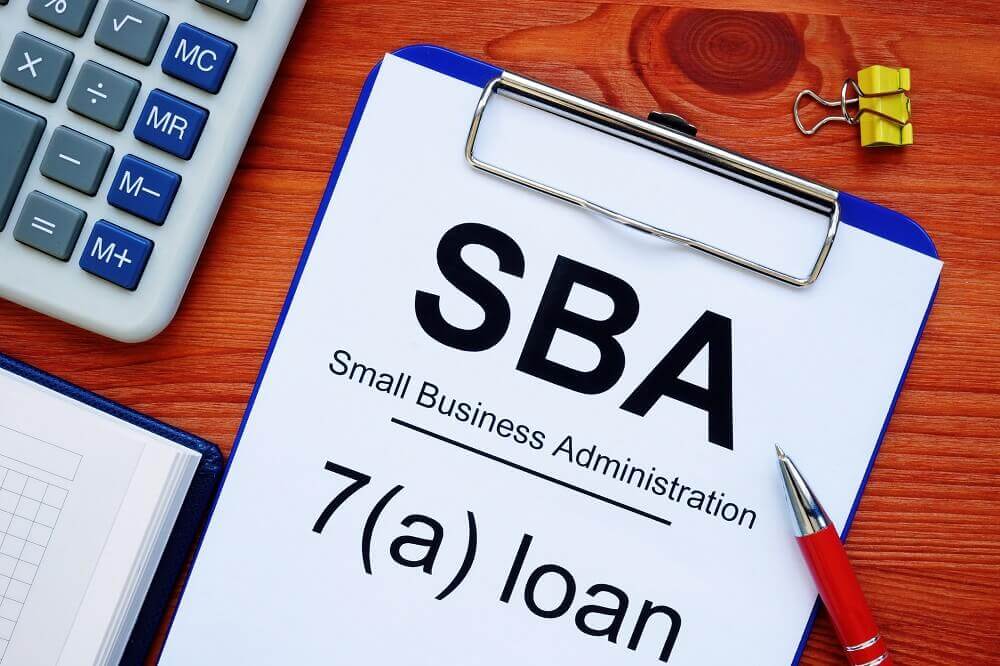Financing is a critical and frequently overlooked aspect of selling your business. The fact is all cash transactions are very rare other than for very small businesses. Nearly all business sales have financing, and there are essentially two choices, SBA financing or Seller financing which involves the seller carrying a note.
SBA Loans; More Cash at Closing for the Owner
SBA 7a loans will finance up to 90% of the acquisition value with a 10% down payment from the buyer. With this transaction structure the seller receives cash for the full value of the business at the close of escrow. Bank underwriters often require a small seller note, typically 10% of the transaction value. With this transaction structure the seller would receive 90% of the transaction value at closing with a note for 10% of the transaction value. Seller notes are typically 5 years (60 months) ranging from 6% to 8% interest.
SBA financing requires the business and buyer to qualify for the loan. The business will be required to provide the last 3 years tax returns plus year to date P&L and Balance Sheet. The business must generate enough cash flow to service the debt with sufficient income remaining for the buyers income requirements. The buyer must also qualify, buyer requirements are a credit score over 700, sufficient cash for the down payment, working capital, and closing costs plus related business experience.
There is a common misconception that SBA loans are very difficult to get and take several months. This can be true in some instances, but this is not the case with the majority of transactions. Pacific Business Sales uses SBA financing on nearly all of its transactions. We have direct relationships with several PLP (Preferred Lender Program) banks and we are thoroughly familiar with their underwriting requirements and which banks will lend to specific business types and various deal structures. By virtue of our experience and banking relationships we typically close our transactions with SBA financing within 60 to 90 days.
Seller Notes, Quicker & Easier Closing BUT More Risk
The other option for financing the sale of a business is Seller Financing, a Seller Note. The typical transaction structure for seller financing is 50% down and 50% of the transaction value financed by the seller for 5 years at 6% to 8% interest. With Seller financing the owner will receive 50% cash at closing and the balance over the next 5 years. There is substantial risk with Seller financing because the only collateral for the loan is usually the business and if the buyer defaults on the seller note the only recourse is to contact an attorney and take the business back through a judgement.
There is a tax advantage with Seller Notes. The owner is taxed as the income is received, thus the seller is taxed on 50% of the transaction value at closing and the balance as payments are received.
Minimizing Taxes on the Sale of Your Business
The good news with SBA financing is that you can receive 90% to 100% cash at closing, the bad news is you will be taxed on these proceeds, and depending on the transaction type the tax rate could be high. We work with several CPAs that have tax strategies that can substantially reduce the taxes on the transaction. These tax strategies defer the taxes due at closing by approximately 90% and can reduce overall taxes by 30% to 40%. These tax strategies allow you to invest the proceeds in a trust and pay taxes as funds are withdrawn. The investments in the trust appreciate tax free until you take funds out. We can arrange a complimentary meeting with one of our CPA partners where they will explain your options, the cost of the plan and what the tax savings could be.





